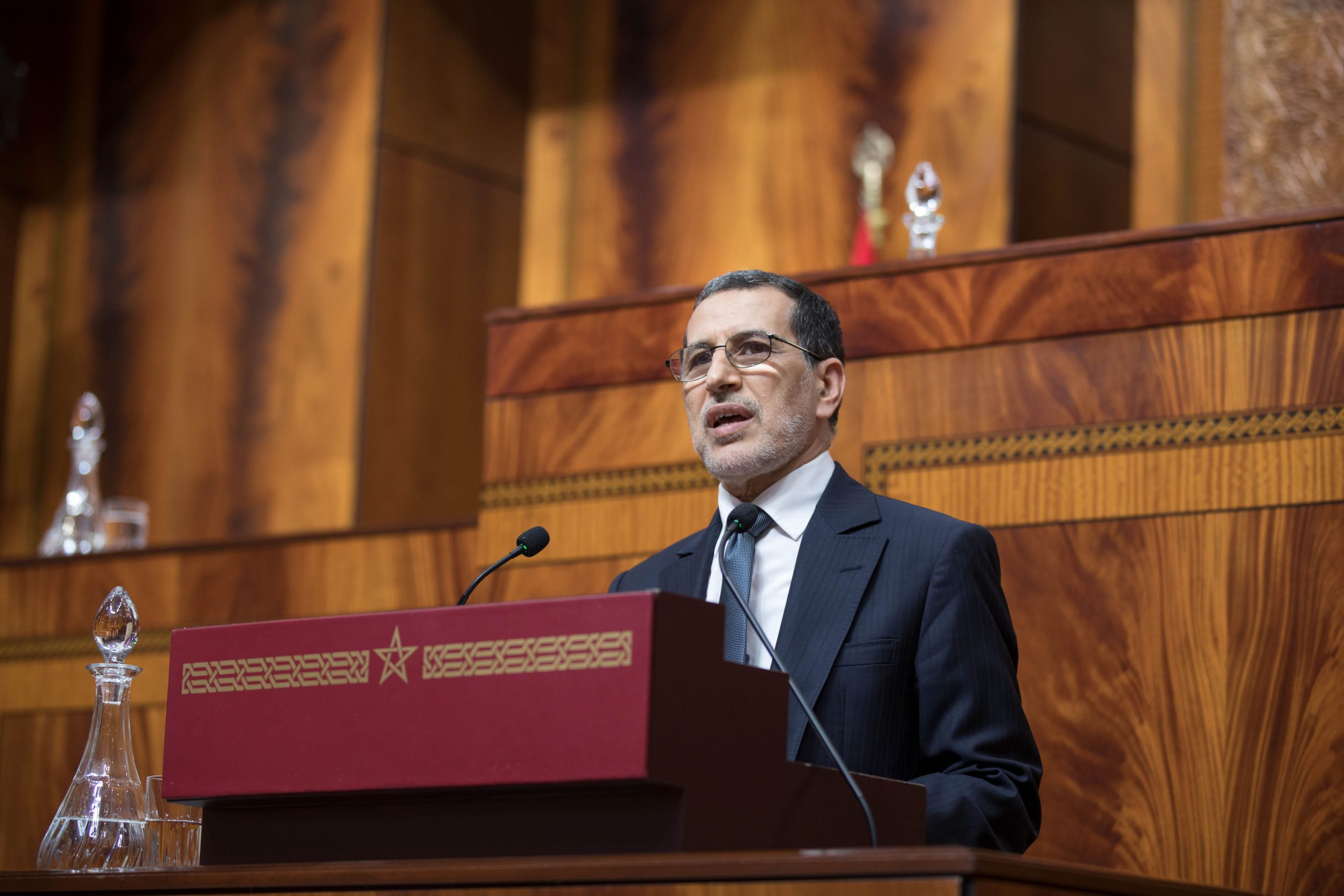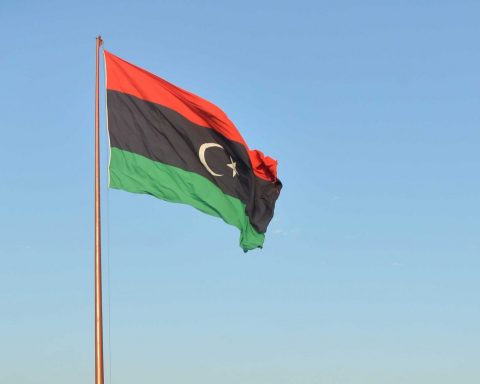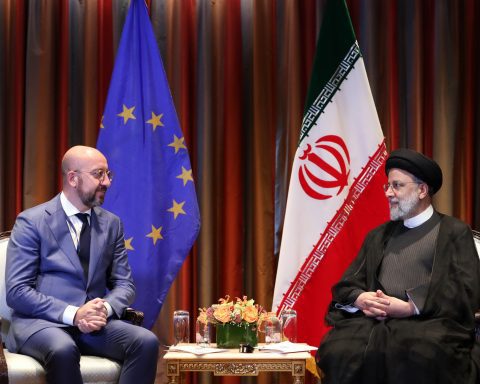Morocco has denied allegations that the cell phones of French President Emmanuel Macron and some statesmen were tapped by the intelligence service, with the spyware program “Pegasus” developed by the Israeli company NSO Group.
In a written statement, the Moroccan government condemned the “misleading, intense, sustained and dubious media campaign that supports claims that the phones of many local, foreign and public figures have been hacked using software.”
In the statement, it was noted that the government completely rejected these baseless allegations and invited those who made them “to provide concrete evidence, albeit small, to support their untrue rumors.”
It was stated that this situation “reveals the will of some media circles and non-governmental organizations to take the country under their tutelage.”
In the statement, it was also emphasized that Morocco prefers the legal and judicial remedy at the domestic and international level against those who try to use such unfounded allegations.
However, in his statement, French Prime Minister Jean Castex said that President Macron had requested a series of investigations and said, “It is too early to take action and take new security measures without fully understanding what is going on right now.”
In parallel to this statement, according to the French government spokesperson Gabriel Attal, the French President called an urgent national security meeting for Thursday to discuss the Israeli-made Pegasus spyware after reports about its use in France emerged in the past week.
Forbidden Stories Director Laurent Richard stated that the people in question were put on the listening list, but it was not technically determined whether they were listened to or not.
Nevertheless, Laurent Richard argued that the Moroccan administration’s intention to listen to the French President and members of his government and journalists was clear.
“These are shocking facts, and if they are proven, it is an extremely grave situation,” said spokesperson Gabriel Attal after the incident came to light.
French newspaper Le Monde claimed that along with some world leaders, President Emmanuel Macron wanted to be targeted with a spyware program.
According to the newspaper’s report, the Moroccan intelligence service managed to identify a phone Macron was using.
The telephone number was continued to be used by Macron, even though it was leaked by “Macronleaks” between the two rounds of the 2017 presidential election. With this number, Macron was communicating with journalists in particular.
On the other hand, it is claimed that Morocco widely used the Pegasus software to spy on its neighbor and Algerian rival, even in the highest echelons of the state. Thus, more than 6,000 telephone numbers have been selected as potential targets.
In particular, two successive Algerian foreign ministers would have been in the crosshairs: Abdelkader Messahel and Ramtane Lamamra. Generals were also targeted as well as former heads of the intelligence services but also businessmen considered close to power, including that of former boss Ali Haddad. As proof that the situation in Algeria seems to have been Morocco’s primary concern, diplomat Lakhdar Brahimi, who had been tasked with preparing for the transition after the withdrawal of Abdelaziz Bouteflika, would also have been in the sights of the Moroccan services.
In the research conducted by 17 media outlets, including Le Monde, The Washington Post, and The Guardian, it was claimed that spyware belonging to the Israel-based “NSO Group” was used for widespread and malicious purposes globally.
At least 10 governments, including Bahrain, Kazakhstan, Mexico, Morocco, Azerbaijan, Rwanda, Saudi Arabia, Hungary, India, and the United Arab Emirates (UAE), are claimed to be customers of NSO Group. It was argued that the spyware was sold to governments to target activists, journalists, lawyers, and politicians.
Allegedly, with this spyware, which can turn a phone into a “surveillance” device, access to many applications such as a microphone, camera, messages, voice recordings, and contacts can be provided without the user’s knowledge and consent.
Rwanda, Morocco, India, and Hungary denied the allegations that they used Pegasus to track the phones of the people named on the list of more than 50,000 phone numbers. The governments of Azerbaijan, Bahrain, Kazakhstan, Saudi Arabia, Mexico, and the UAE have not yet responded to the allegations. NSO Group also denied all accusations against their company. Telephone number tracking was requested from NSO from at least 45 countries from four continents around the world. It is stated that around 500 phones from Turkey are monitored with this system.
More than 180 journalists are on the list, including reporters, editors, and executives at the Financial Times, CNN, New York Times, France 24, The Economist, Reuters, Associated Press, and The Economist.














